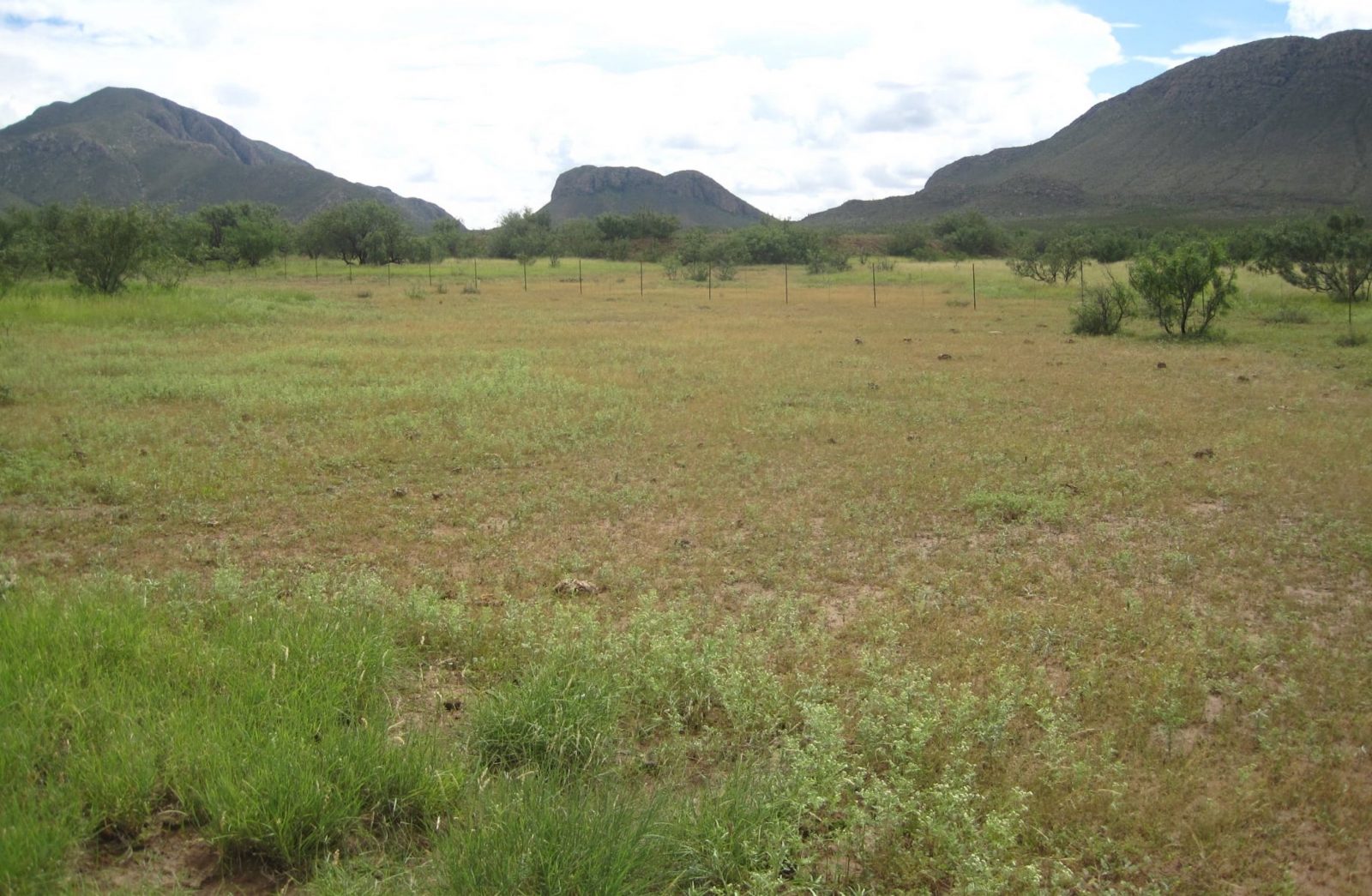LEWISTON, Minn. — Cattle producer Alejandro Carrillo will tell the story of how he has used regenerative grazing to build soil health and bring his ranch back to life during a series of Land Stewardship Project presentations in Minnesota the first week of February. The events will be held Feb. 1 in Willmar, Minn., Feb. 2 in St. Charles, Minn., Feb. 3, in Mazeppa, Minn., and via Zoom on Feb. 4. Presentations by local farmers, small group discussions and a time for questions will be part of the day’s programming at each event. The cost to attend is $10 per person and children are free. For more information or to RSVP, contact the Land Stewardship Project by Jan. 28 by calling 507-523-3366, e-mailing bsognfrank@landstewardshipproject.org, or visiting https://landstewardshipproject.org/grazing.
Carrillo’s Las Damas Ranch is located in the middle of the Chihuahuan Desert, about 250 miles south of El Paso, Texas. It consists of 30,000 acres, 25,000 of which are grazable. The entire ranch is operated as a dryland operation with no irrigated meadows, and the terrain consists of valleys with rugged canyons, mesas and mountains, all located within the Sierra Madre Range. No hay is produced on the ranch as cattle are expected to graze year-round.
Using regenerative grazing techniques, during the past several years Carrillo has increased the ranch’s water infiltration rate to between 18 and 20 inches per-hour; the neighboring ranch has an infiltration rate of only two inches per-hour.
“A crucial aspect of growing grass in the desert is the increased microbial stimulation resulting from the large grazing ruminants and the fertility they apply through their manure and urine,” said Carrillo. “This fertility helps stimulate the soil biology and, in return, stimulates the growth of new grasses from the latent seed bank.”
The story of how Las Damas used soil healthy systems to create resilient grazing lands has been lauded by soil experts such as Ray Archuleta.
“Years ago, I had no hope for the healing of agriculture and the land. But, now I do,” said Archuleta. “With my own eyes…I have seen desert, once again, becoming a grassland. Alejandro and a group of determined ranchers are beacons of ecological healing and hope.”
These grazing events are being c-sponsored by various local organizations. For a complete list, see landstewardshipproject.org/grazing. The Land Stewardship Project is committed to creating an environment that follows COVID-19 safety best practices and balances in-person interaction and learning. A mask mandate will be in place for these events and event attendees will be required to sign a waiver. LSP in-person events are subject to change based on guidelines set by state departments of health and the Centers for Disease Control and Prevention. For details, see https://landstewardshipproject.org/covid-lsp.
-30-
